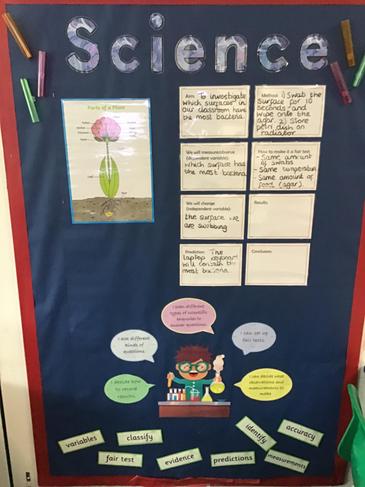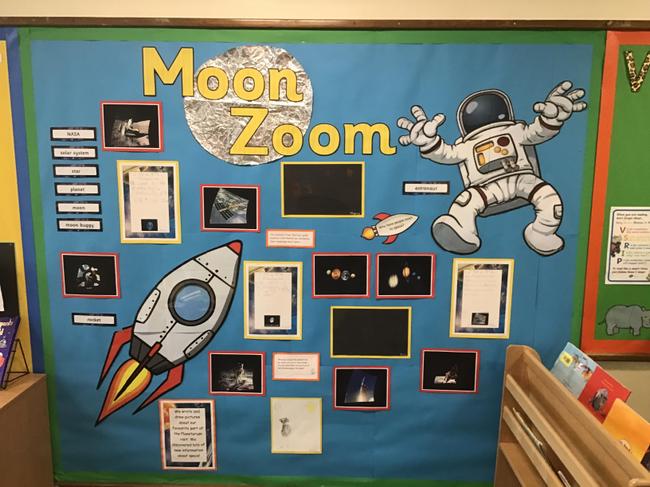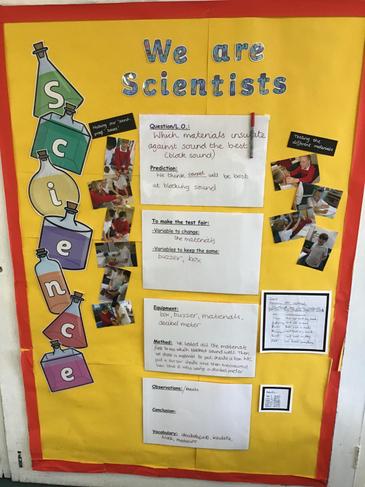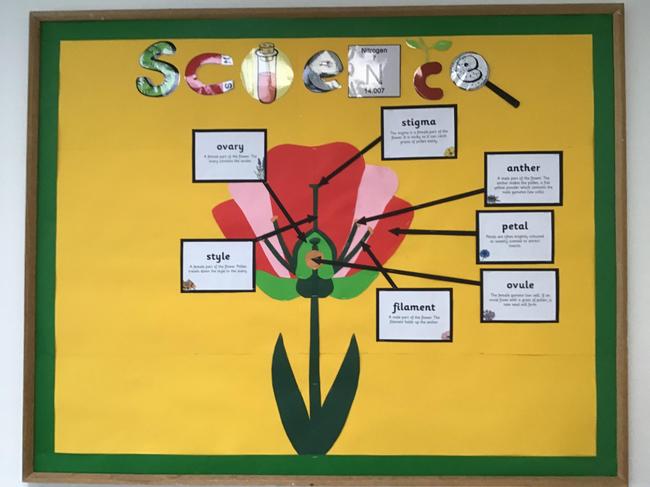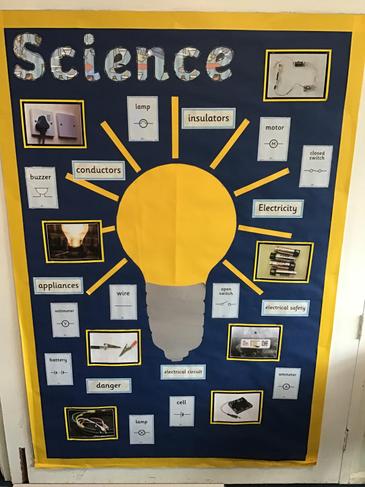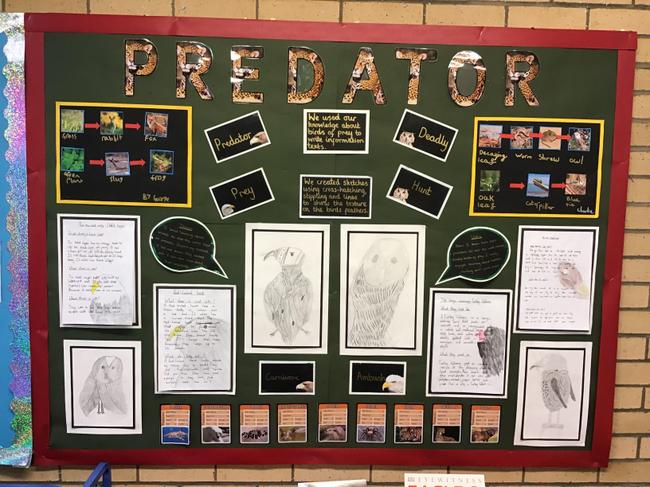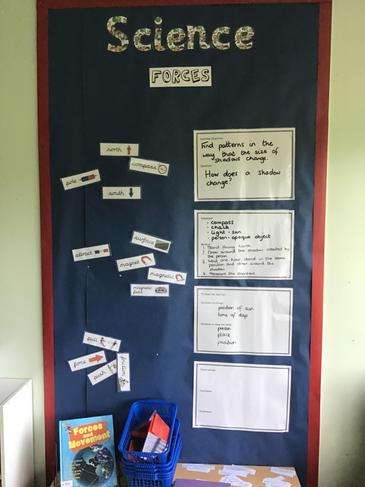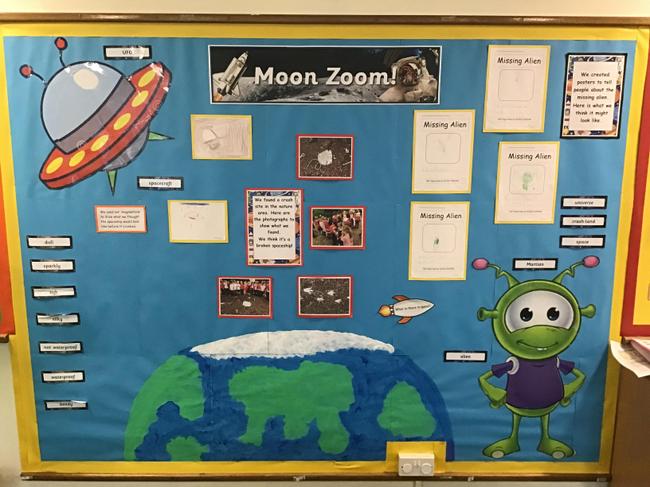- Home
- Our Academy
- Parents
- The School Day
- Foundation Stage - Reception
- Well-being
- Breakfast Club
- After School Clubs
- Home Learning
- Safeguarding Information and Guidance
- Online Safety
- School Holiday Pattern
- Attendance
- School Uniform
- Parents/School Meals & Packed Lunches
- Late/Absence Procedures
- Willow Graduate Programme - Independent Study Resources for Pupils
- Parent View
- Special Educational Needs & Disabilities
- Policies & Risk Assessments
- Curriculum
- News & Events
- Contact Us
Science and STEM
Intent
At Willow, we ASPIRE to ensure all children are equipped with the scientific knowledge required to understand the uses and implications of science, today and for the future. Children develop an enthusiasm for and enjoyment of science through a range of engaging and hands-on activities that encourage them to recognise the power of rational explanation and develop a sense of excitement and curiosity about natural phenomena. We are ambitious about developing children’s scientific knowledge and conceptual understanding of important scientific ideas, along with key processes and skills, through the specific disciplines of biology, chemistry and physics. Children develop an understanding of the nature, processes and methods of science through different types of enquires that help them to answer scientific questions about the world around them. We endeavour to make lessons thought-provoking and inspiring, leading children to wonder, ask questions, research and then discuss their learning at home to become successful, confident learners, enjoying the process of exploring values and ideas through science. At the heart of our curriculum are our Learning Superpowers, when teaching science we ensure that the children can develop the skills of investigating, evaluating and collaborating alongside developing a resilient mind-set.
Aims of science learning at Willow:
We aim to ensure that all pupils:
- develop scientific knowledge and conceptual understanding through the specific disciplines of biology, chemistry and physics
- develop understanding of the nature, processes and methods of science through different types of science enquiries that help them to answer scientific questions about the world around them
- are equipped with the scientific knowledge required to understand the uses and implications of science, today and for the future
Working scientifically:
In line with the National Curriculum, pupils are taught to ‘work scientifically’. The National Curriculum document defines this as:
‘Working scientifically’ specifies the understanding of the nature, processes and methods of science for each year group. It should not be taught as a separate strand. The notes and guidance give examples of how ‘working scientifically’ might be embedded within the content of biology, chemistry and physics, focusing on the key features of scientific enquiry, so that pupils learn to use a variety of approaches to answer relevant scientific questions. These types of scientific enquiry should include: observing over time; pattern seeking; identifying, classifying and grouping; comparative and fair testing (controlled investigations); and researching using secondary sources. Pupils should seek answers to questions through collecting, analysing and presenting data.
To support the well-structured and progressive curriculum, the school makes use of a range of engaging resources such as those provided by Science, Technology, Engineering and Mathematics (STEM), Association for Science Education (ASE) and Cornerstones - Let’s Investigate. In order to encourage an investigative approach, the school has a store of equipment to allow investigations, observations and measurements.
Implementation
Key Stage 1
The principal focus of science teaching in Key Stage 1 is to enable pupils to experience and observe phenomena, looking more closely at the natural and humanly constructed world around them. They should be encouraged to be curious and ask questions about what they notice. They should be helped to develop their understanding of scientific ideas by using different types of scientific enquiry to answer their own questions, including observing changes over a period of time, noticing patterns, grouping and classifying things, carrying out simple comparative tests, and finding things out using secondary sources of information. They should begin to use simple scientific language to talk about what they have found out and communicate their ideas to a range of audiences in a variety of ways. Most of the learning about science should be done through the use of first-hand practical experiences, but there should also be some use of appropriate secondary sources, such as books, photographs and videos.
‘Working scientifically’ is described separately in the programme of study, but must always be taught through and clearly related to the teaching of substantive science content in the programme of study. Throughout the notes and guidance, examples show how scientific methods and skills might be linked to specific elements of the content.
Pupils should read and spell scientific vocabulary at a level consistent with their increasing word reading and spelling knowledge at Key Stage 1.
Lower Key Stage 2 – Years 3-4
The principal focus of science teaching in Lower Key Stage 2 is to enable pupils to broaden their scientific view of the world around them. They should do this by exploring, talking about, testing and developing ideas about everyday phenomena and the relationships between living things and familiar environments, and by beginning to develop their ideas about functions, relationships and interactions. They should ask their own questions about what they observe and make some decisions about which types of scientific enquiry are likely to be the best ways of answering them, including observing changes over time, noticing patterns, grouping and classifying things, carrying out simple comparative and fair tests and finding things out using secondary sources of information. They should draw simple conclusions and use some scientific language, first, to talk about and, later, to write about what they have found out.
‘Working scientifically’ is described separately at the beginning of the programme of study, but must always be taught through and clearly related to substantive science content in the programme of study. Throughout the notes and guidance, examples show how scientific methods and skills might be linked to specific elements of the content. Pupils should read and spell scientific vocabulary correctly and with confidence, using their growing word reading and spelling knowledge.
Upper Key Stage 2 – Years 5-6
The principal focus of science teaching in Upper Key Stage 2 is to enable pupils to develop a deeper understanding of a wide range of scientific ideas. They should do this through exploring and talking about their ideas; asking their own questions about scientific phenomena; and analysing functions, relationships and interactions more systematically. At Upper Key Stage 2, they should encounter more abstract ideas and begin to recognise how these ideas help them to understand and predict how the world operates. They should also begin to recognise that scientific ideas change and develop over time. They should select the most appropriate ways to answer science questions using different types of scientific enquiry, including observing changes over different periods of time, noticing patterns, grouping and classifying things, carrying out comparative and fair tests and finding things out using a wide range of secondary sources of information. Pupils should draw conclusions based on their data and observations, use evidence to justify their ideas, and use their scientific knowledge and understanding to explain their findings.
‘Working and thinking scientifically’ is described separately at the beginning of the programme of study, but must always be taught through and clearly related to substantive science content in the programme of study. Throughout the notes and guidance, examples show how scientific methods and skills might be linked to specific elements of the content. Pupils should read, spell and pronounce scientific vocabulary correctly.
Impact
- Children will become resilient, independent and curious scientists who ask questions and find things out for themselves.
- Science will be a high profile subject throughout the school.
- Children will be enthusiastic and motivated scientific learners.
- The outdoor classroom will be utilised regularly throughout science lessons.
- Parents and the wider community will support science learning through trips and visits on a regular basis.
- Children will have an awareness of the full range of scientific careers and pathways available to them and will be keen to pursue STEM subjects at secondary school.
- Children will leave for secondary school equipped with the scientific knowledge and skills needed to succeed in their further education.
